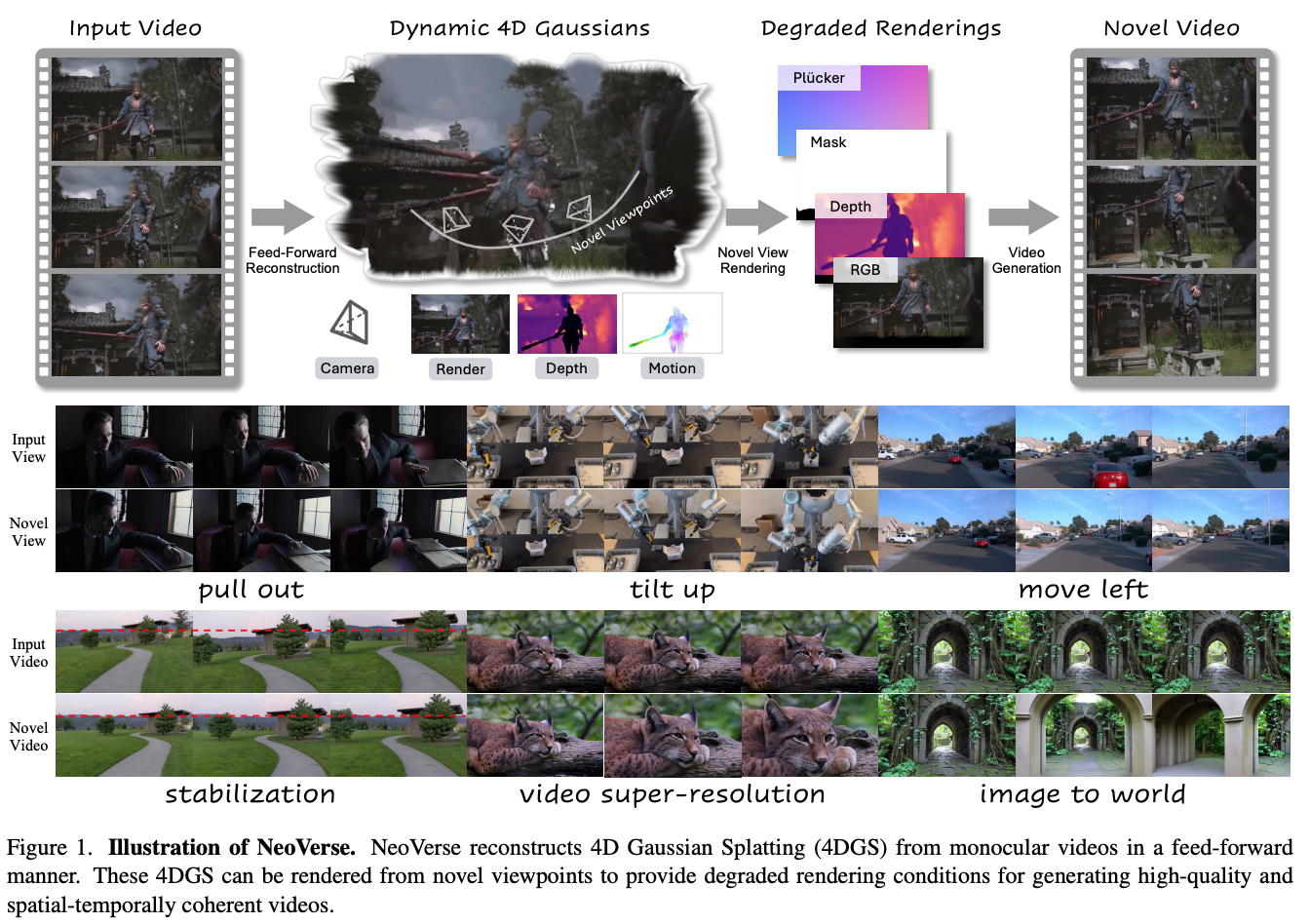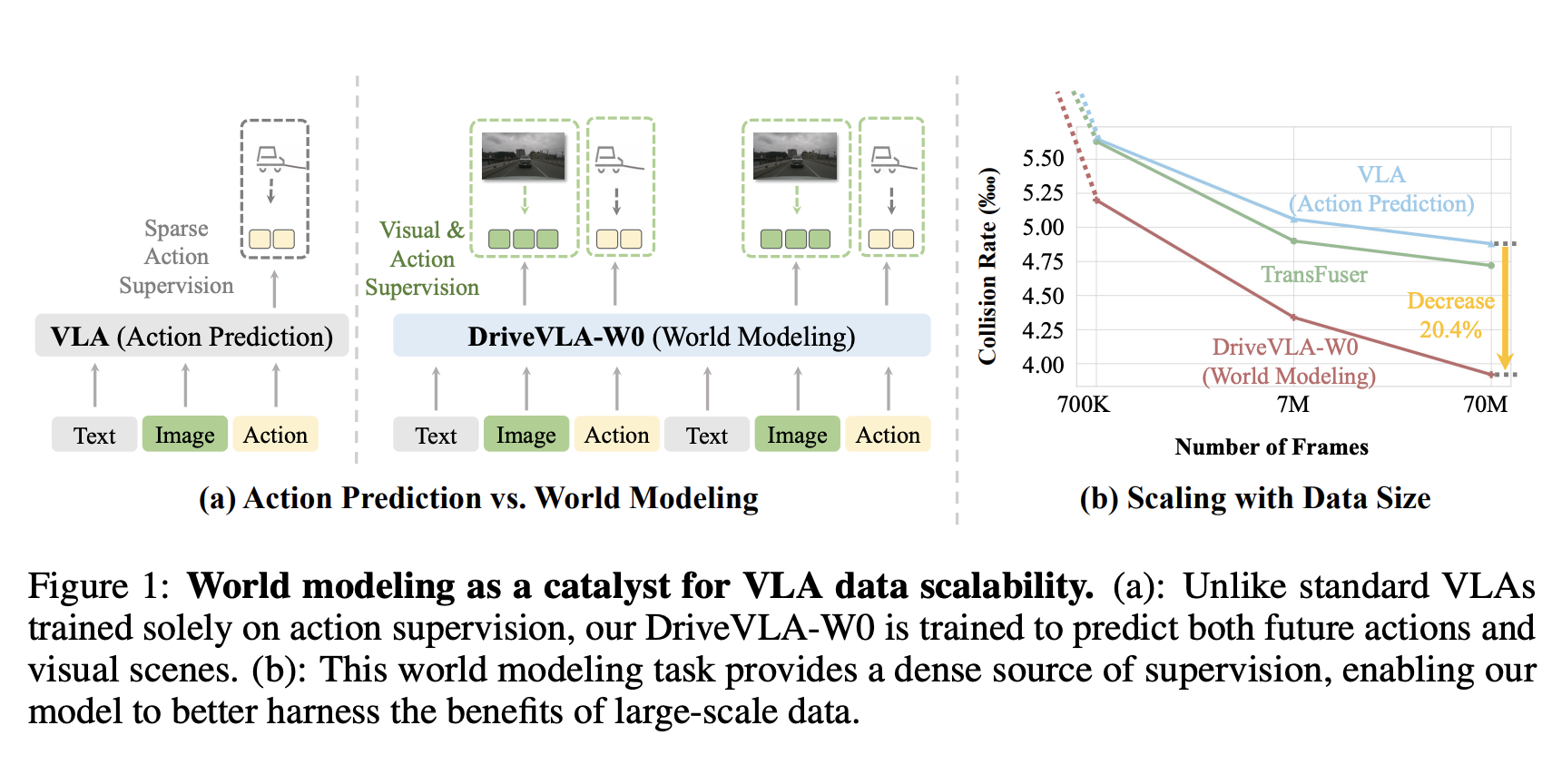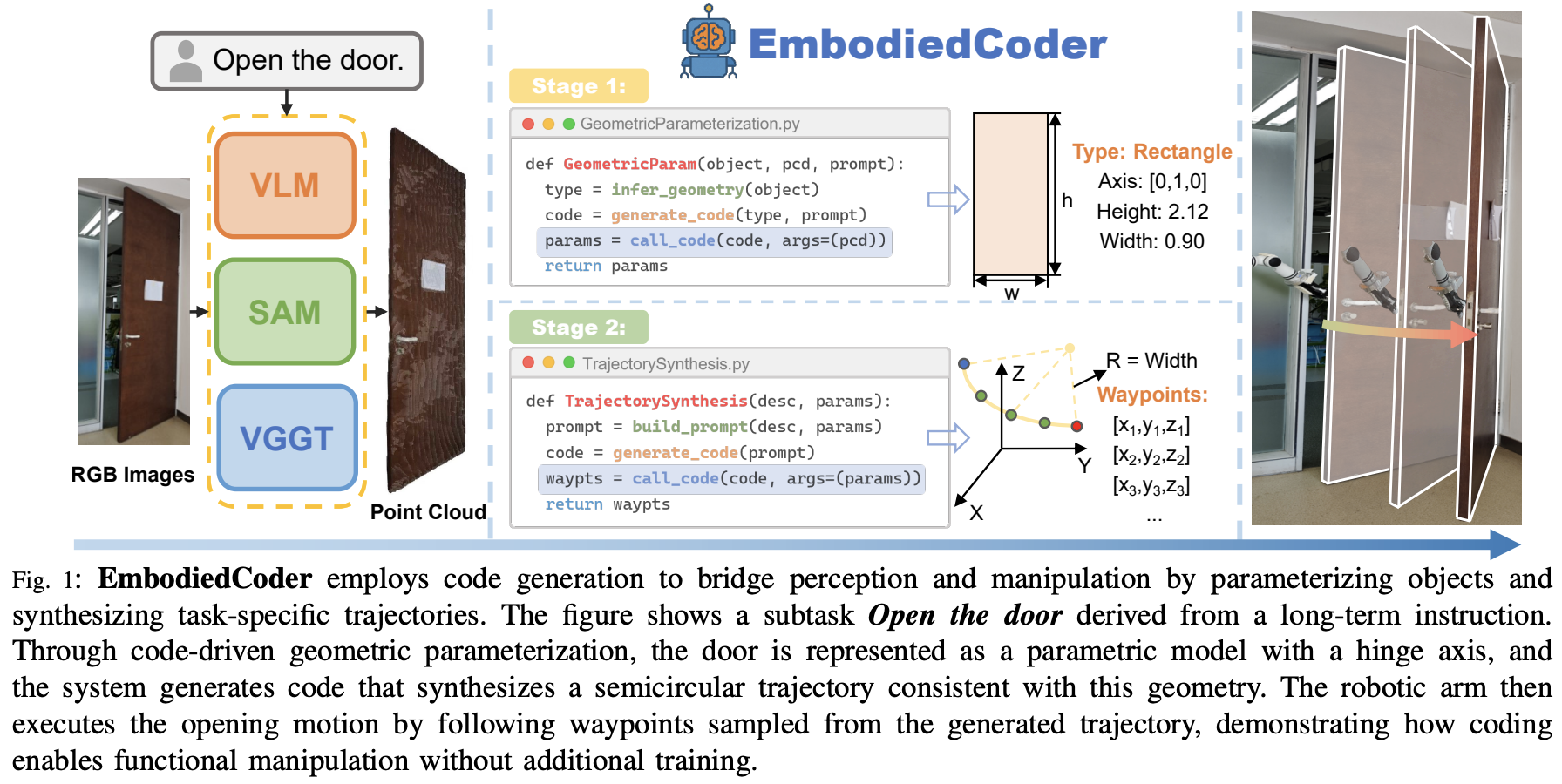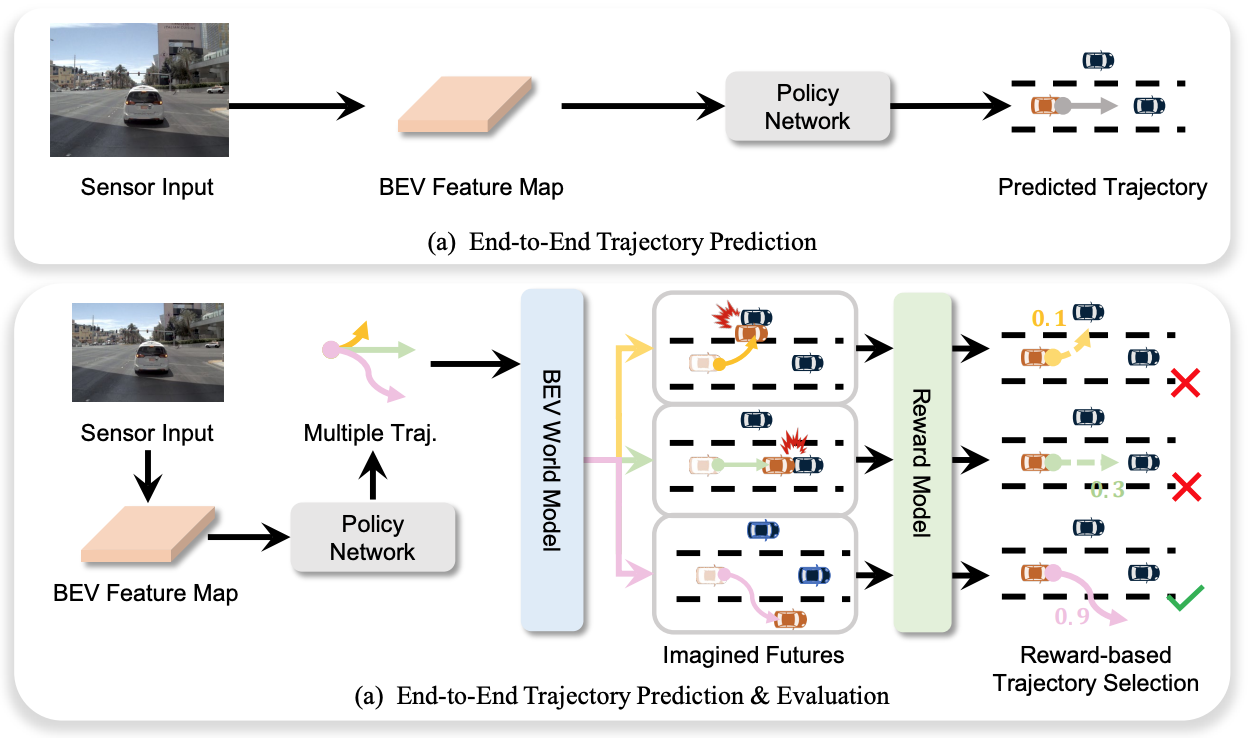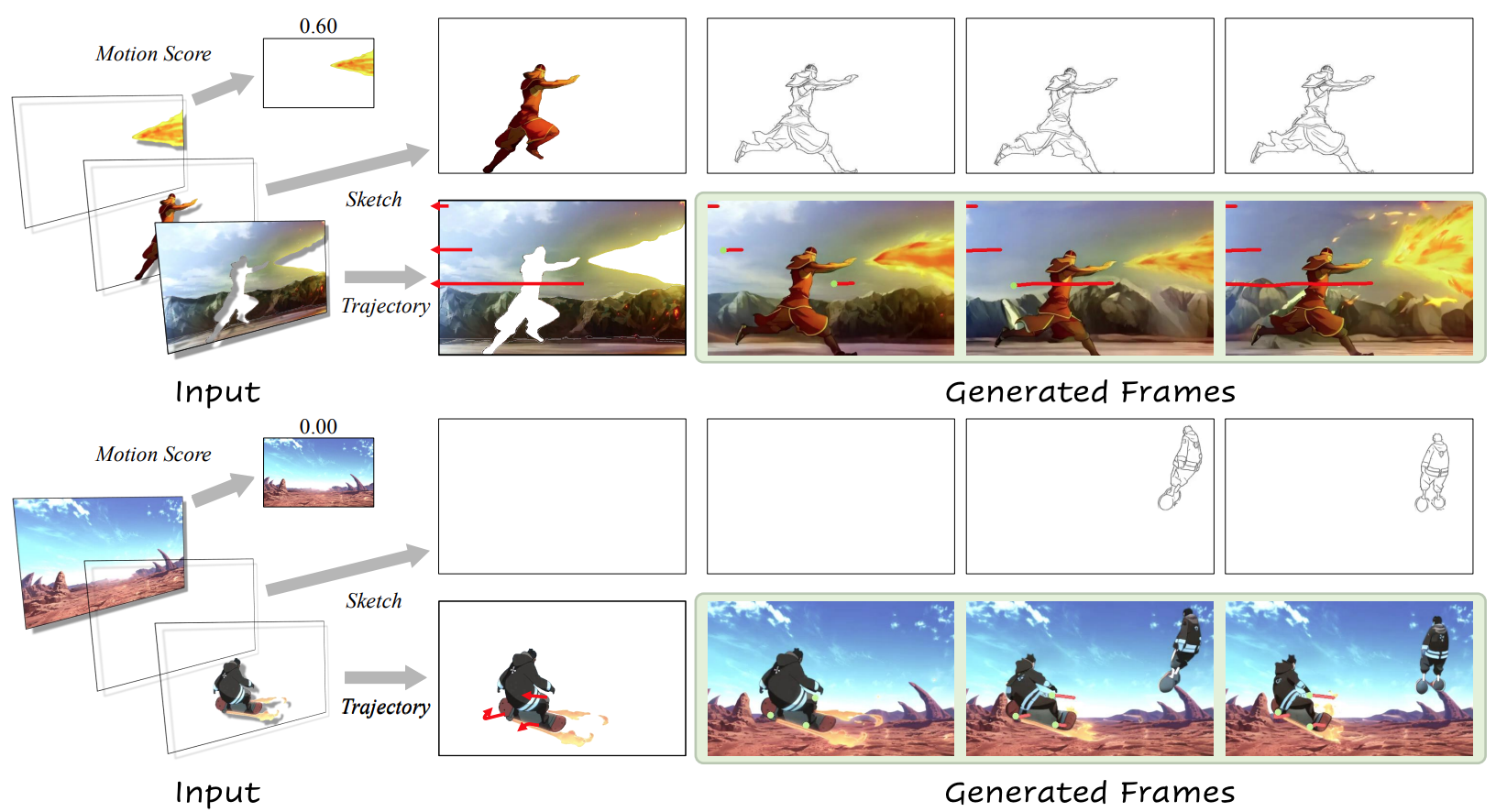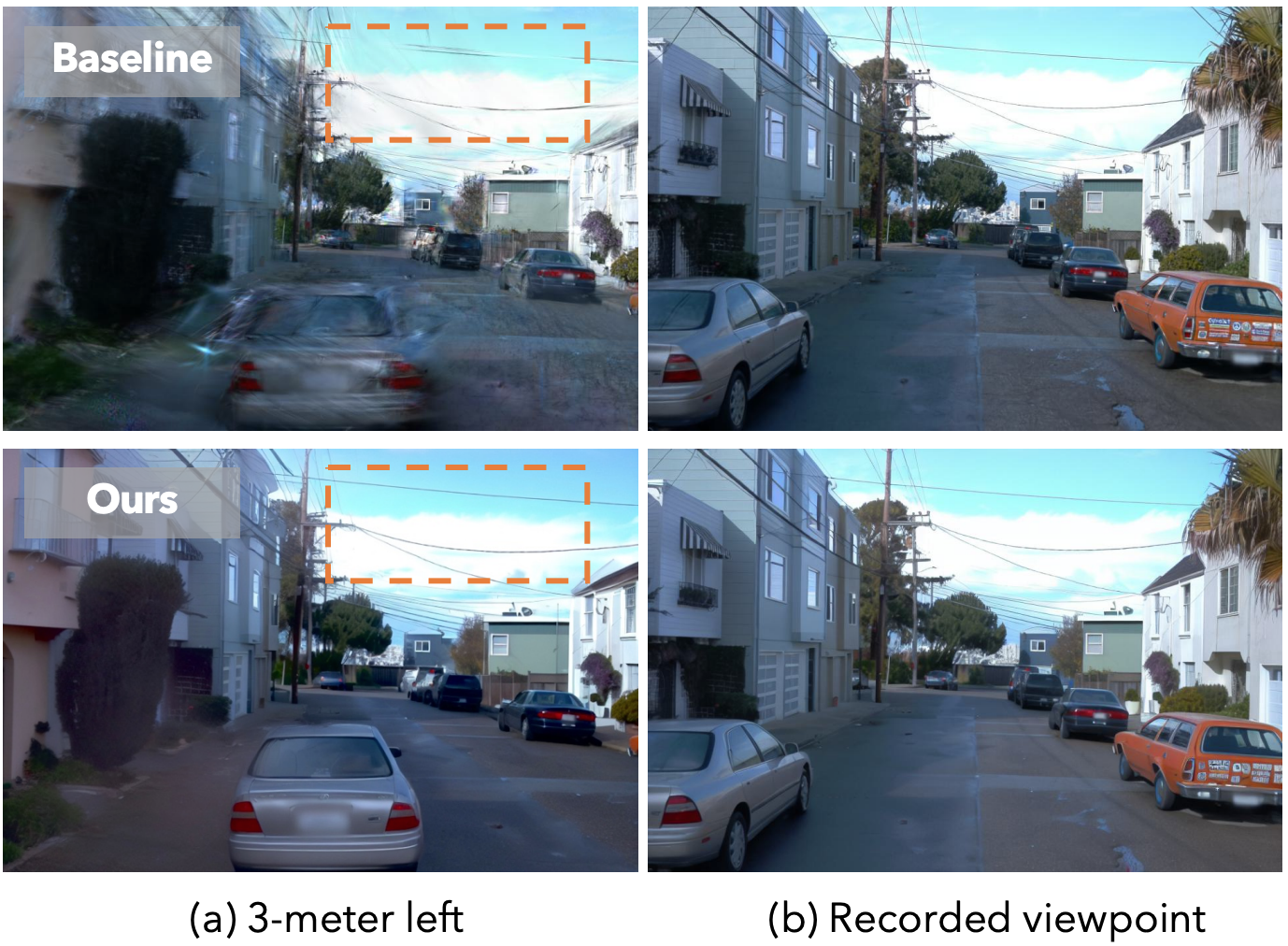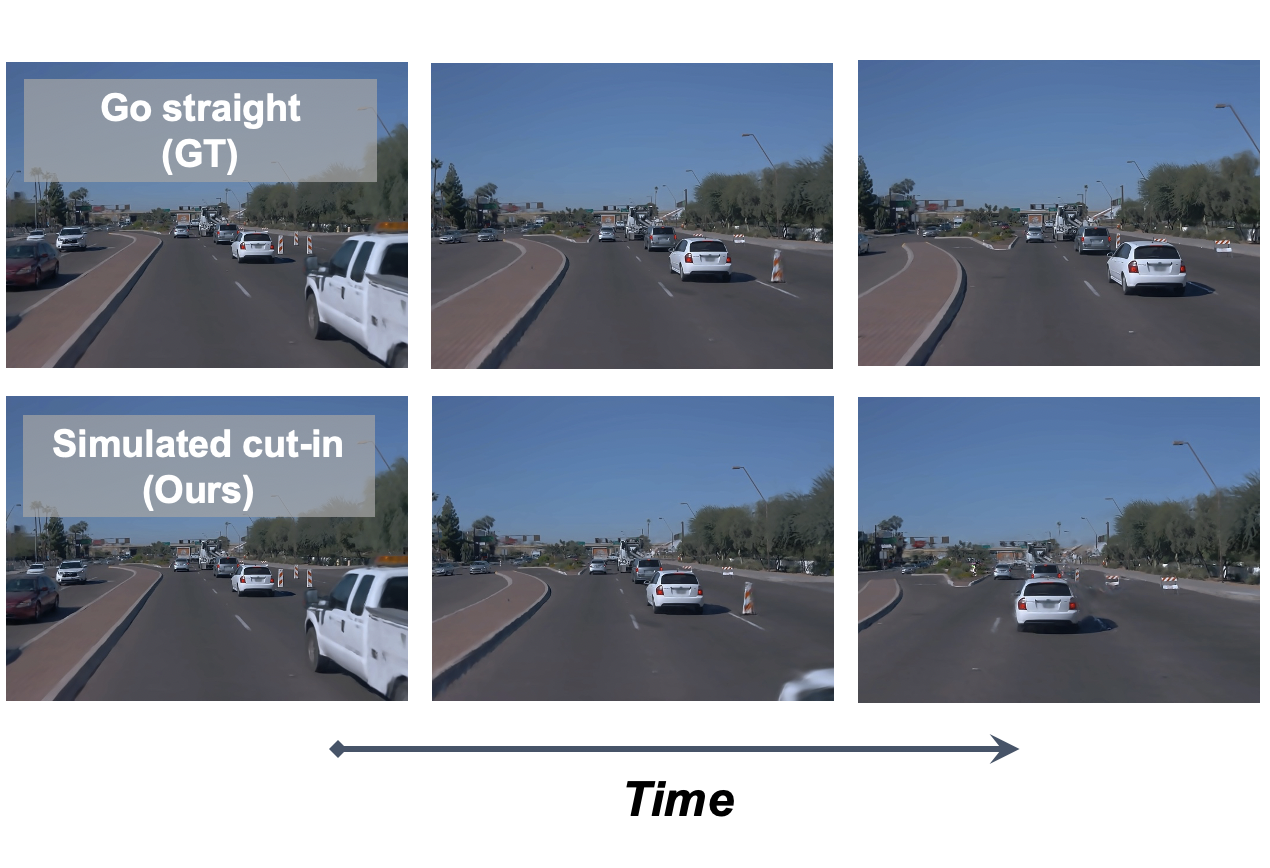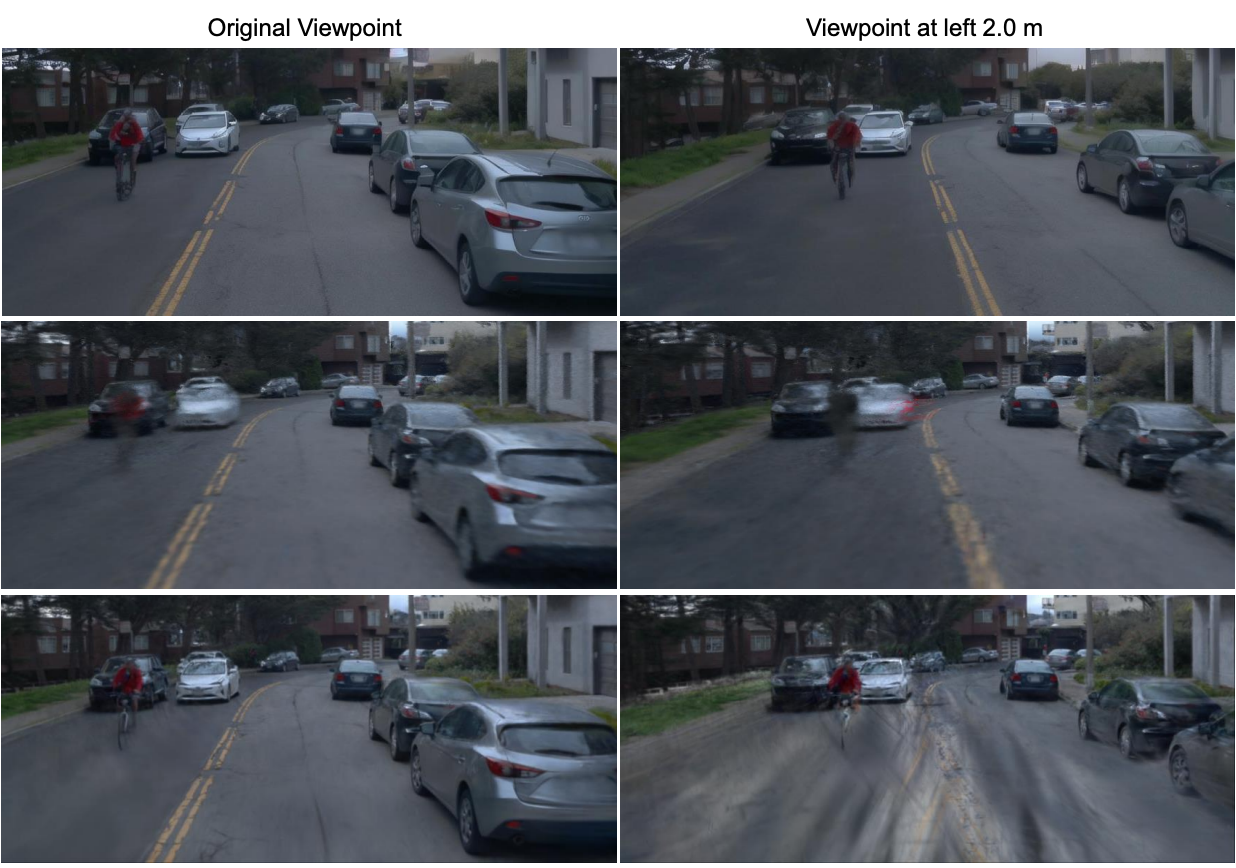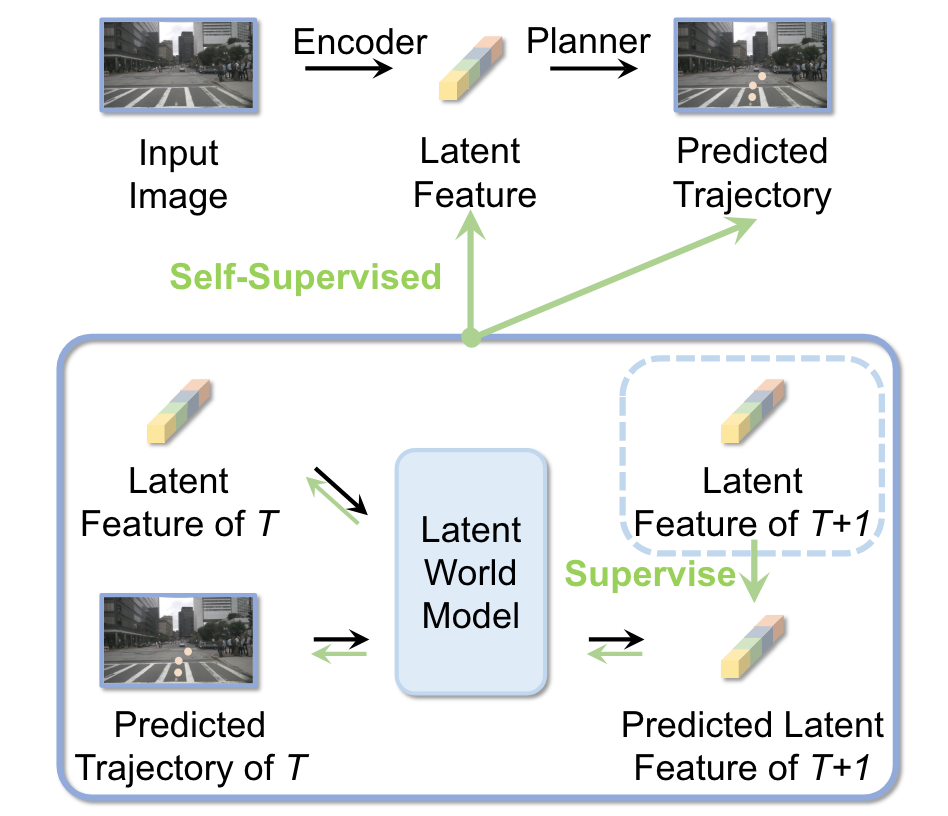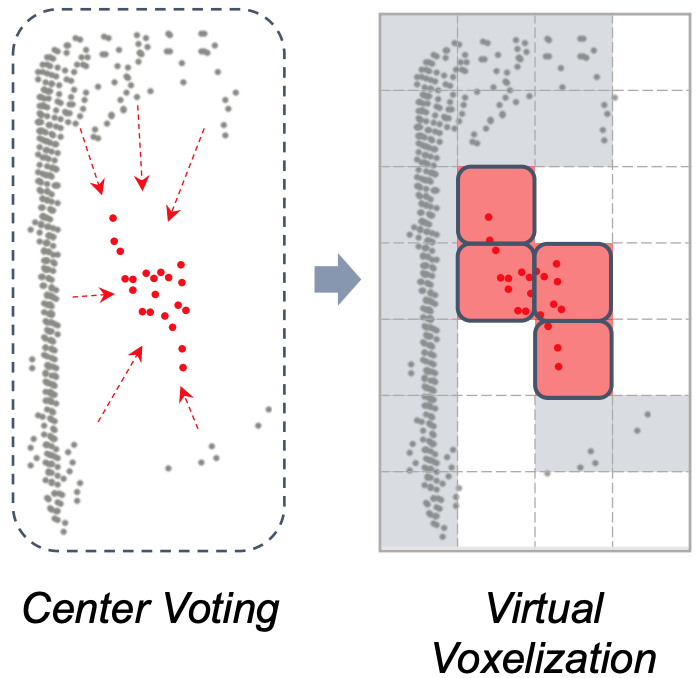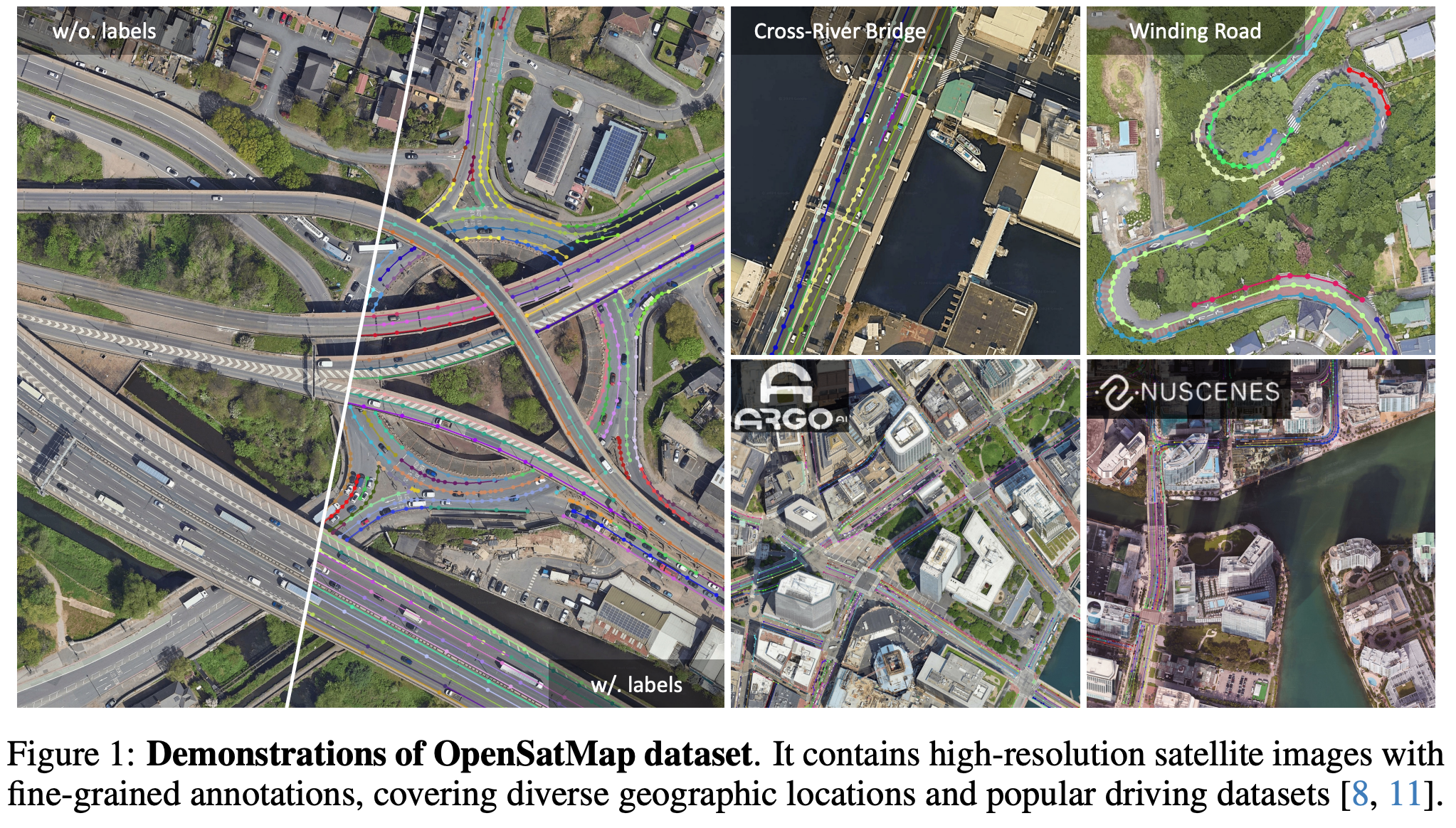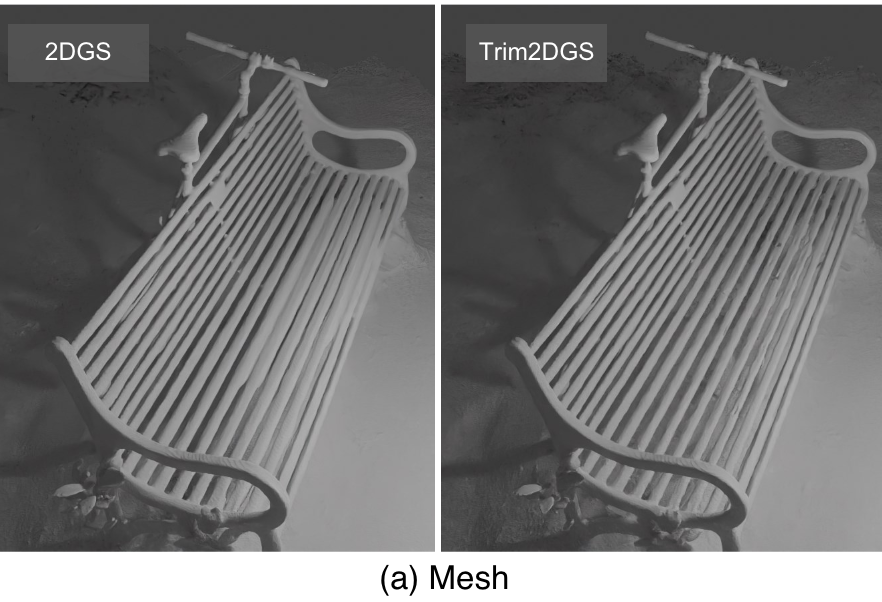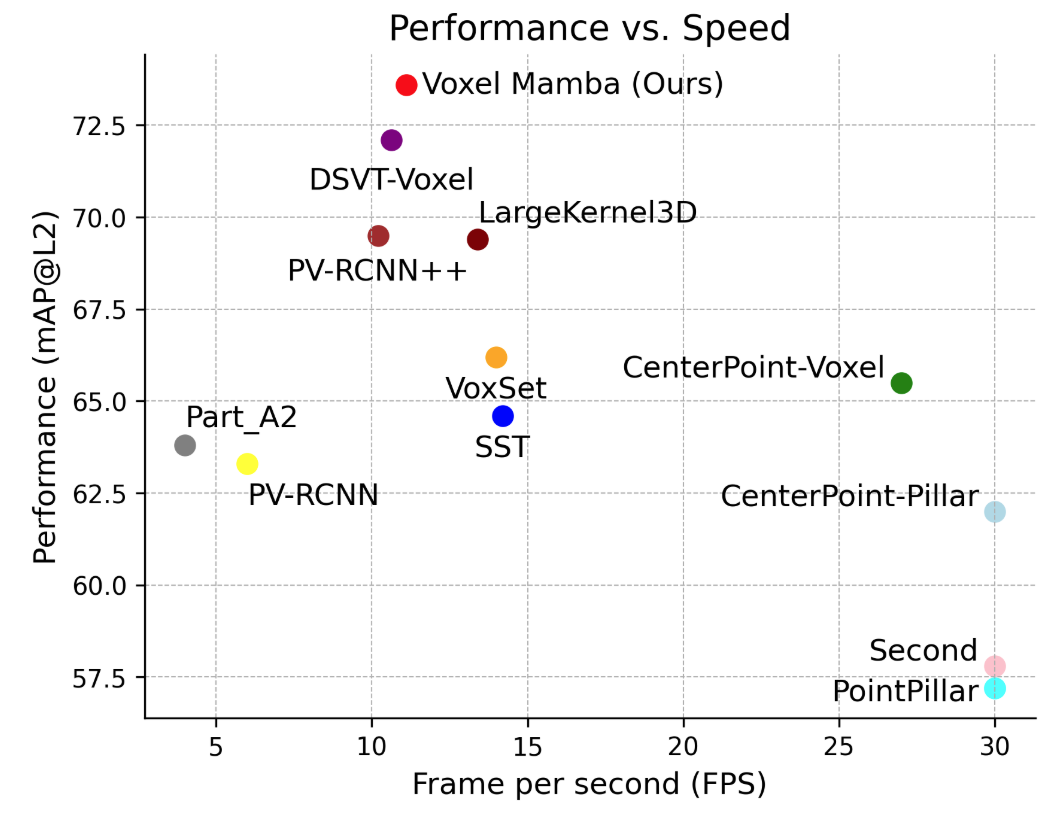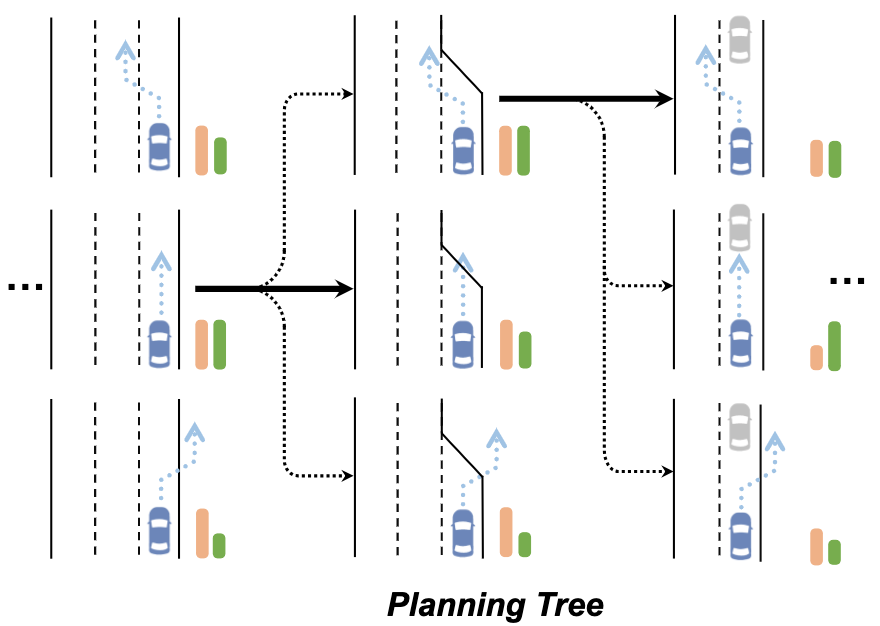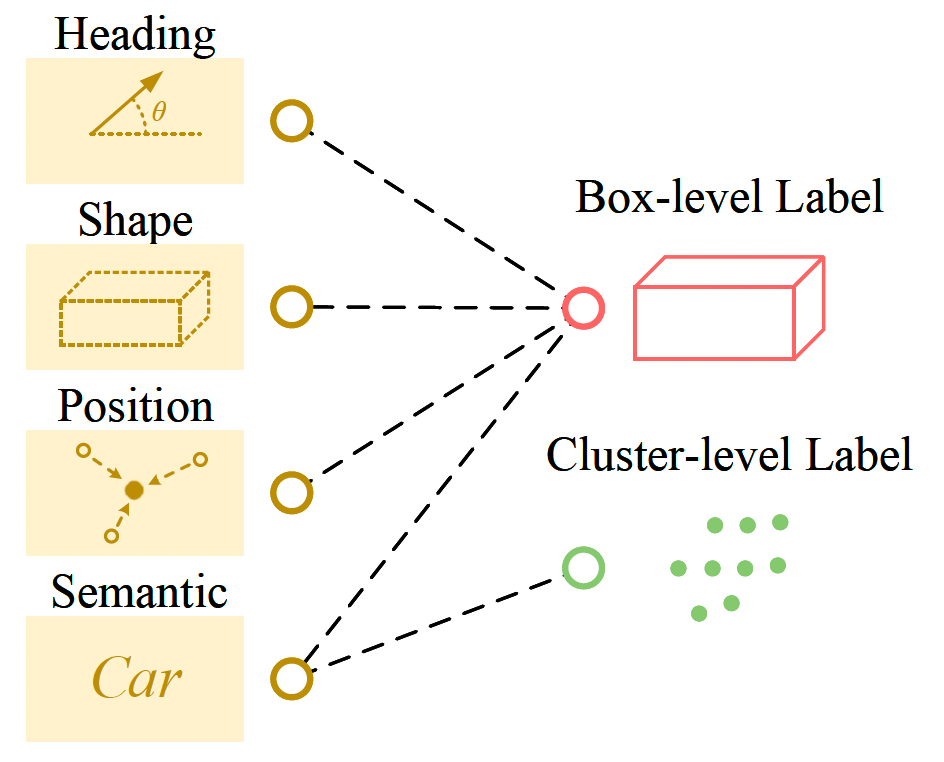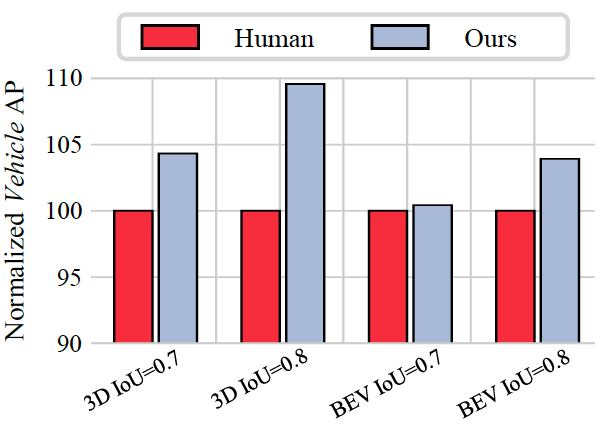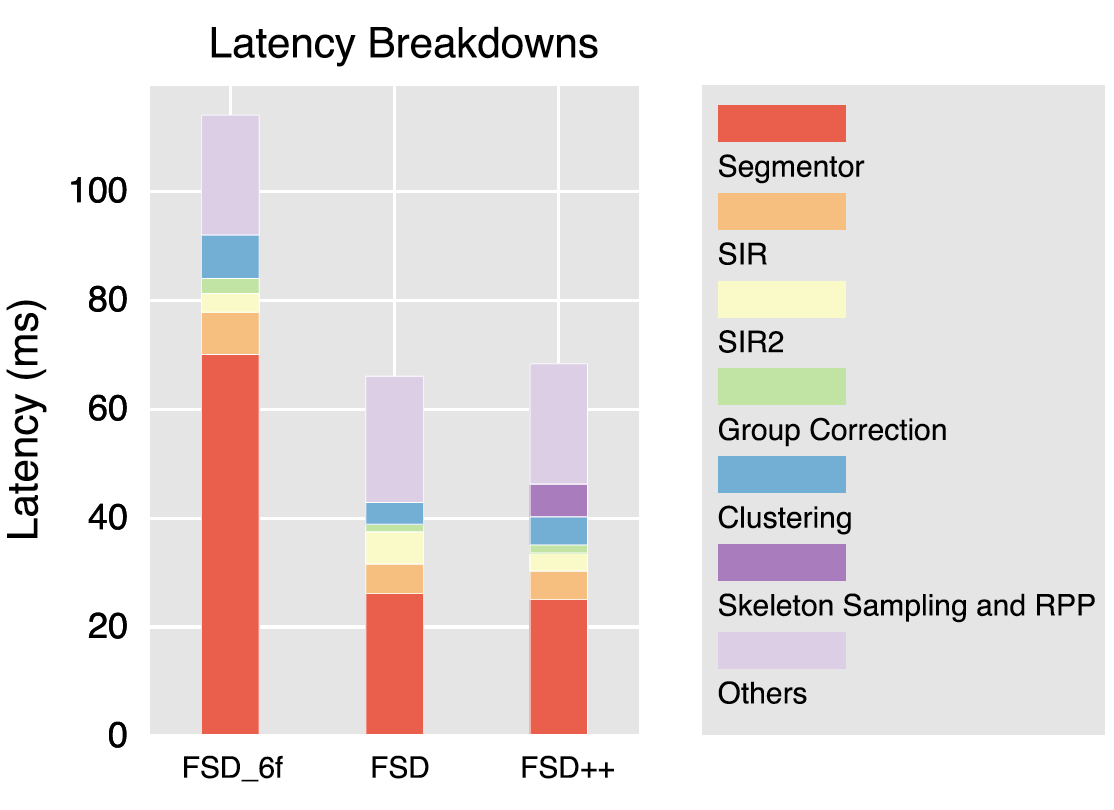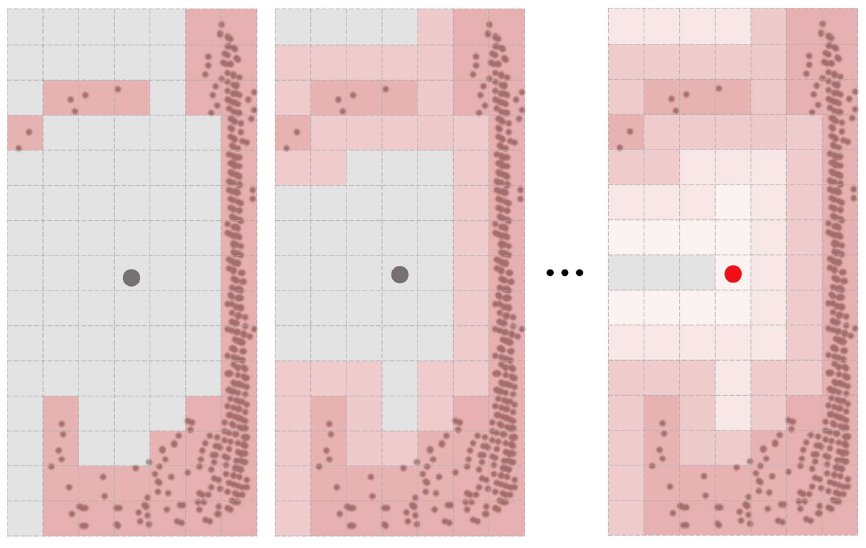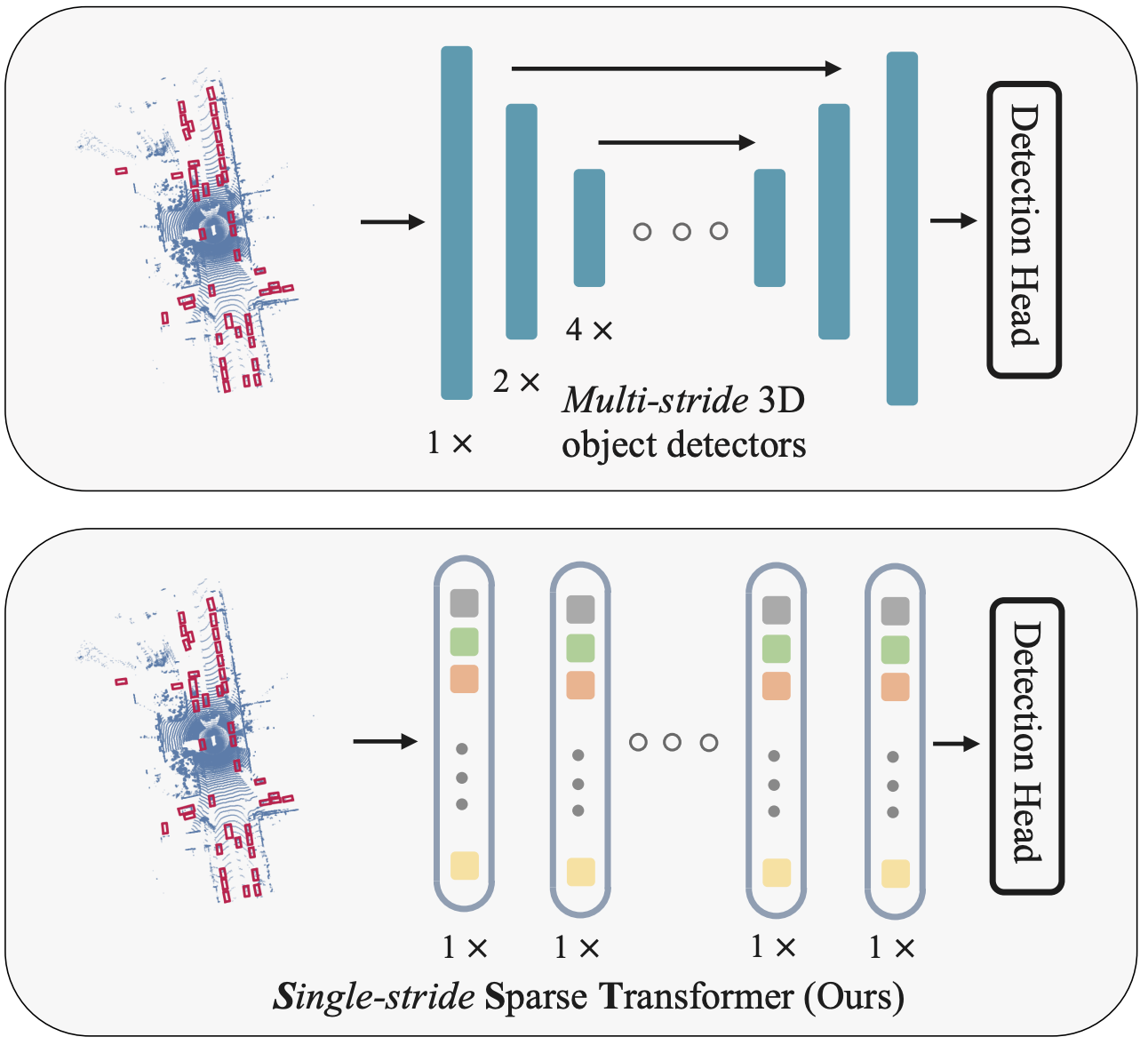|
Lue Fan (范略)
Assistant Professor
NLPR (模式识别实验室), Institute of Automation
Chinese Academy of Sciences
Email: lue.fan at ia.ac.cn
[Google Scholar][GitHub]
|

|
About Me
I am currently an assistant professor in NLPR, Institute of Automation, Chinese Academy of Sciences, working with Prof. Zhaoxiang Zhang. I got my Ph.D. degree from this lab in June 2024, supervised by Prof. Zhaoxiang Zhang, and bachelor's degree from Xi'an Jiaotong University (XJTU) in 2019, majoring in automation. I was a research intern at TuSimple, supervised by Dr. Naiyan Wang and Dr. Feng Wang. Currently, I am working closely with Prof. Hongsheng Li @ MMLab.
🎯 Our NLPR lab is actively recruiting interns and postdocs! If you are interested in Autonomous Driving / Embodied AI / Coding Agent, please feel free to reach out via email ( {lue.fan, zhaoxiang.zhang}@ia.ac.cn ).
News
-
[2025-11] Received the Outstanding Doctoral Dissertation Award of CSIG (中国图象图形学学会博士学位论文激励计划)
-
[2025-08] Received the Outstanding Doctoral Dissertation Award of CAS (中科院优秀博士学位论文)
-
[2025-07] Three papers accepted to ICCV 2025
-
[2025-02] FreeSim and FlexDrive accepted by CVPR 2025
-
[2025-01] LAW accepted by ICLR 2025
Selected Work
*: Equal Contribution; †: Corresponding Author
2026
NeoVerse: Enhancing 4D World Model with in-the-wild Monocular Videos
Yuxue Yang,
Lue Fan†(project lead), Ziqi Shi, Junran Peng, Feng Wang, Zhaoxiang Zhang†
[
Paper][
Project Page][
新智元中文解读]
2025
DriveVLA-W0: World Models Amplify Data Scaling Law in Autonomous Driving
Yingyan Li*, Shuyao Shang*, Weisong Liu*, Bing Zhan*, Haochen Wang*, Yuqi Wang, Yuntao Chen, Xiaoman Wang, Yasong An, Chufeng Tang, Lu Hou,
Lue Fan†, Zhaoxiang Zhang†
[
Paper][
Code]
EmbodiedCoder: Parameterized Embodied Mobile Manipulation via Modern Coding Model
Zefu Lin, Rongxu Cui, Chen Hanning, Xiangyu Wang, Junjia Xu, Xiaojuan Jin, Chen Wenbo, Hui Zhou,
Lue Fan†, Wenling Li, Zhaoxiang Zhang†
[
Paper][
Project Page]
End-to-End Driving with Online Trajectory Evaluation via BEV World Model
Yingyan Li, Yuqi Wang, Yang Liu, Jiawei He,
Lue Fan†, Zhaoxiang Zhang†
ICCV 2025
[
Paper][
Code]
LayerAnimate: Layer-level Control for Animation
Yuxue Yang,
Lue Fan, Zuzeng Lin, Feng Wang, Zhaoxiang Zhang
ICCV 2025
[
Paper][
Project Page]
FreeSim: Toward Free-viewpoint Camera Simulation in Driving Scenes
Lue Fan*, Hao Zhang*, Qitai Wang, Hongsheng Li†, Zhaoxiang Zhang†
CVPR 2025
[
Paper][
Project Page]
FlexDrive: Toward Trajectory Flexibility in Driving Scene Reconstruction and Rendering
Jingqiu Zhou*,
Lue Fan*, Linjiang Huang, Xiaoyu Shi, Si Liu, Z. Zhang†, Hongsheng Li†
CVPR 2025
[
Paper]
FreeVS: Generative View Synthesis on Free Driving Trajectory
Qitai Wang,
Lue Fan, Yuqi Wang, Yuntao Chen†, Zhaoxiang Zhang†
ICLR 2025
[
Paper][
Project Page]
Enhancing End-to-End Autonomous Driving with Latent World Model
Yingyan Li,
Lue Fan, Jiawei He, Yuqi Wang, Yuntao Chen, Zhaoxiang Zhang, Tieniu Tan
ICLR 2025
[
Paper][
Code]
2024
FSD V2: Improving Fully Sparse 3D Object Detection with Virtual Voxels
Lue Fan, Feng Wang, Naiyan Wang, Zhaoxiang Zhang
TPAMI 2024
[
Paper][
Code]
OpenSatMap: A Fine-grained High-resolution Satellite Dataset for Large-scale Map Construction
Hongbo Zhao,
Lue Fan, Yuntao Chen, Haochen Wang, Yuran Yang, Xiaojuan Jin, Yixin Zhang, Gaofeng Meng, Zhaoxiang Zhang
NeurIPS 2024 D&B Track
[
Paper][
Project Page]
Trim 3D Gaussian Splatting for Accurate Geometry Representation
Lue Fan*, Yuxue Yang*, Minxing Li, Hongsheng Li†, Zhaoxiang Zhang†
[
Paper][
Code][
Project Page]
Voxel Mamba: Group-Free State Space Models for Point Cloud based 3D Object Detection
Guowen Zhang,
Lue Fan, Chenhang He, Zhen Lei, Zhaoxiang Zhang, Lei Zhang
NeurIPS 2024
[
Paper][
Code]
Driving into the Future: Multiview Visual Forecasting and Planning with World Model for Autonomous Driving
Yuqi Wang*, Jiawei He*,
Lue Fan*, Hongxin Li*, Yuntao Chen†, Zhaoxiang Zhang†
CVPR 2024
[
Paper][
Code][
Project Page]
MixSup: Mixed-grained Supervision for Label-efficient LiDAR-based 3D Object Detection
Yuxue Yang,
Lue Fan†, Zhaoxiang Zhang†
ICLR 2024
[
Paper][
Code]
2023
Once Detected, Never Lost: Surpassing Human Performance in Offline LiDAR based 3D Object Detection (CTRL)
Lue Fan, Yuxue Yang, Yiming Mao, Feng Wang, Yuntao Chen, Naiyan Wang, Zhaoxiang Zhang
ICCV 2023 (Oral)
[
Paper][
Code]
Super Sparse 3D Object Detection (FSD++)
Lue Fan, Yuxue Yang, Feng Wang, Naiyan Wang, Zhaoxiang Zhang
TPAMI 2023
[
Paper][
Code]
2022
Fully Sparse 3D Object Detection (FSD)
Lue Fan, Feng Wang, Naiyan Wang, Zhaoxiang Zhang
NeurIPS 2022
[
Paper][
Code]
Embracing Single Stride 3D Object Detector with Sparse Transformer (SST)
Lue Fan, Ziqi Pang, Tianyuan Zhang, Yu-Xiong Wang, Hang Zhao, Feng Wang, Naiyan Wang, Zhaoxiang Zhang
CVPR 2022
[
Paper][
Code]
2021
RangeDet: In Defense of Range View for Lidar-based 3D Object Detection
Lue Fan*, Xuan Xiong*, Feng Wang, Naiyan Wang, Zhaoxiang Zhang
ICCV 2021
[
Paper][
Code]

